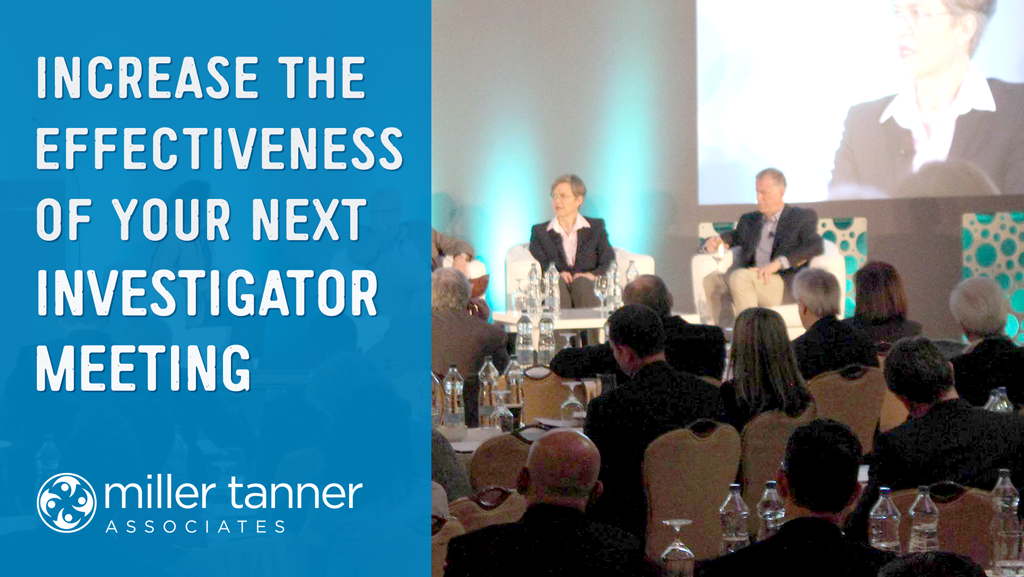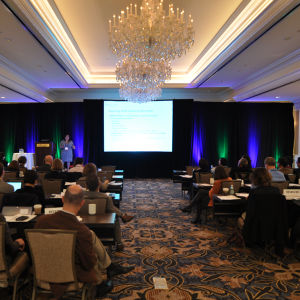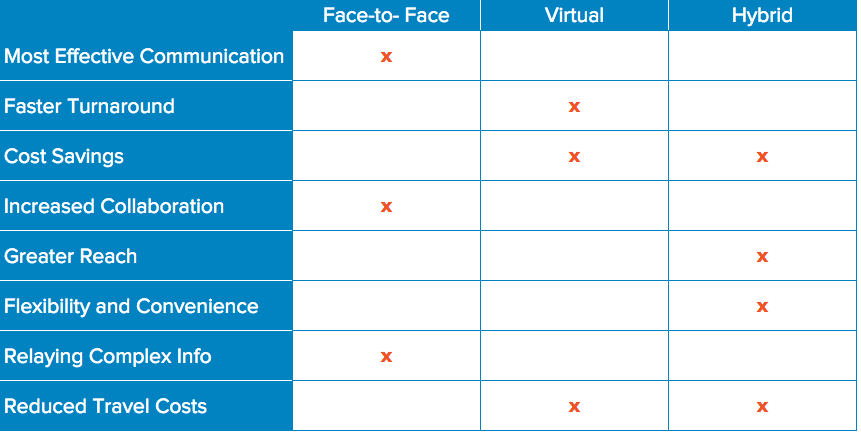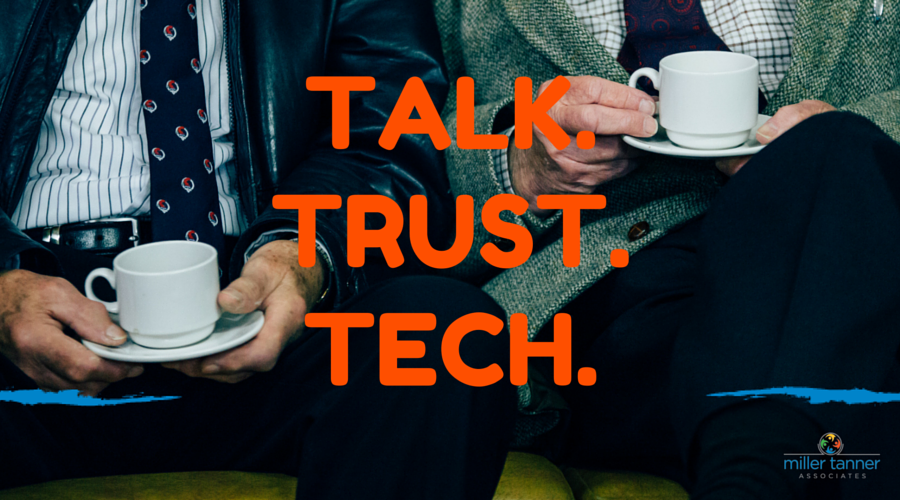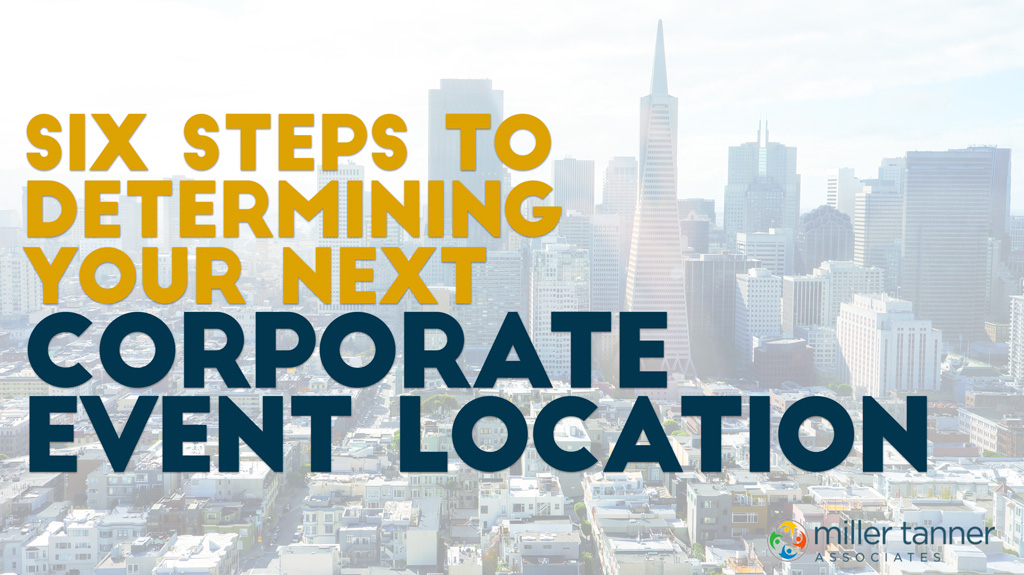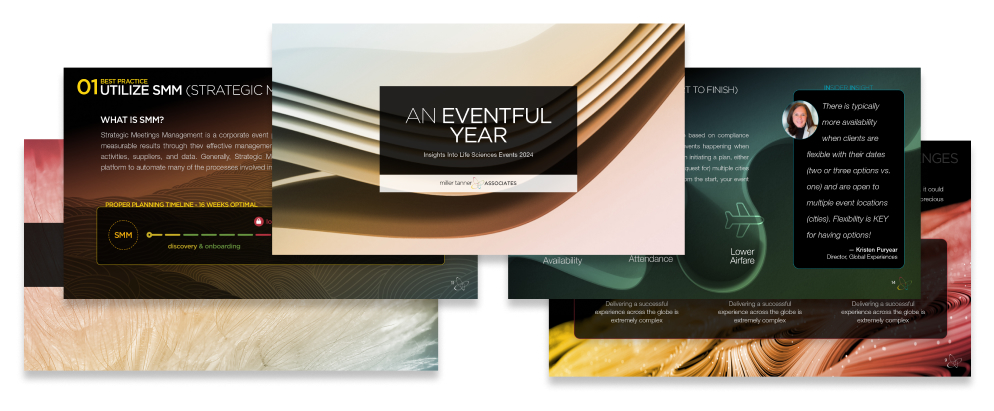The Miller Tanner difference is our people. That’s why we want to introduce you to our team of superstars that bring our corporate meetings and events to life for our clients.
Today, we want to introduce you to Gracie Fisher, a global conference director residing in Paris, France. Gracie’s love letter to Paris was recently featured on the Connect Meetings blog, so we thought this would be the perfect opportunity to introduce her to you!
https://youtube.com/watch?v=la9o6Zgb34E
Meet Gracie Fisher
How long have you been at Miller Tanner and what are the positions you’ve held?
I started working with MTA as a contract worker in 2012 while I was working in the film industry doing non-profit documentaries. I worked for a year with MTA as a contract worker and grew to love it and eventually accepted a full-time position. Within the company, I have worked as a contract worker, a GCP (Global Conference Planner) and also a GCD (Global Conference Director). I’ve worked full time for MTA for roughly four years.
Tell us about your current role – What does a ‘Global Conference Director’ do?
A Global Conference Director is typically the main client contact for all meetings and programs. We build the relationship with the client, help establish the goals and details of the meeting in the planning process, and then execute the meeting from the beginning until the end.
As a Global Conference Director, we work very closely with the Global Conference Planners to make sure they have all the details to run the registration and manage the database.
Being a GCD means that I forge relationships with clients and help them to envision their event. We paint a picture together brushstroke by brushstroke through every call, email, hour spent and effort made.
How long had you been at MTA before deciding to leave Atlanta? Other than an affinity for Paris, what prompted you to move overseas?
I had been living in Atlanta and working for MTA for two years when I decided to move overseas. I have always had a dream to move to Paris and all of a sudden, it felt like the perfect time. My travels with MTA have taken me around the world, but it was time to call a new country home.
Due to the virtual environment at MTA, I was able to pick up my life and follow this dream and keep my career completely on track. I feel so fortunate to work for a company that values a work-life balance.
[Tweet “MTA has created a culture that allows us to work from anywhere and follow our dreams.”]
I have lived overseas before, in both Mexico and Buenos Aires, and both experiences opened my eyes to the value of living abroad and experiencing culture and life on different terms. When you choose to live outside of your culture and outside of what is comfortable, you allow yourself to be changed and for your thoughts and opinions to be shaped in a new way.
Having traveled extensively in Europe, I was always attracted to taking a season of life to live there. And, what better place than Paris to call home?
How many times had you traveled to Paris before moving there?
I had only been to Paris twice before packing up my life and moving there. I sold furniture, gave things away and pared down my life to prepare for the move. While I had not been to Paris more than a total of three weeks of my life, I felt during my travels there that this was a city that I could live in and could call home.
I love art and creativity. I am drawn to the culinary world and the hospitality of a meal at the table. I find life without a car to be just about the best thing in the world! Riding your bike through the streets and utilizing the bike share program is amazing and I am a huge proponent of that.
I love that life is simple, sweet, rich and adventurous in Paris. I would tell anyone who had even the smallest inkling of moving here…DO IT!
It’s clear from your guest piece on Connect Meetings that you are enjoying yourself in Paris. Are you fluent in French yet?
I definitely wouldn’t say that I am fluent, but I have picked up on the language quite a bit. I will say that I am great at ordering a baguette and cheese in French from my favorite café! I love learning new languages and I hope it is only a matter of time before I can say that I am fluent.
Do you consider yourself a writer? Do you write often – whether it’s professionally or on your own time?
I have always loved to write and to read. The idea that words weave together and become language, and then that that language becomes connection is such a beautiful and intricate part of the human experience. Words hold quite a bit of meaning for me. They are the backbone of our connection points. Great writing and great speakers affect change and impart value.
Your Connect Meetings piece was published during a time of great sadness and turmoil in Paris, but it reads as if you set out to encourage others and empower the city. Why was that important to you – both as meeting planner and as a newly established Parisian?
Watching the people of France rally around community, freedom, fraternity and art during a time of great loss and sadness was an incredible thing. I watched as a whole country moved together to protect the Parisian way of life, which historically has been a catalyst of modern culture and philosophy around the world.
As a new Parisian and a meeting planner, I will always value travel. So I want people to still come to Paris.
So how does working for MTA in Europe, differ from the roles being performed in Atlanta or Chicago, or any other North American metropolis?
Working for MTA in Europe really is no different than being in North America, besides adjusting to the new time zone. When I am in North America, my days start early in order to overlap my hours with the Europe team.
Now being in Paris, I keep my mornings free and then work into the night to overlap with the North America team. It was a big shift for me and I was on a learning curve during my first weeks in Paris. But after I found the new rhythm to my days and learned to take advantage of free mornings, I found that only my workflow timing had altered.
WAIT! I have no garage to store all our program materials in! That has to be the biggest difference. You get more conservative with your possessions, more resourceful what you can recycle and more resolute to run programs with efficiency and without waste.
How many events would you say involve the virtual or hybrid part of MTA’s service offering? Which is more common on a global scale?
I would say that there is a virtual element or video capture at nearly half of our meetings. There are increasing needs to be able to be two places at once — and MTA helps make that magic happen one meeting at a time!
Tell us about your fondest memory made at a work-related destination.
How can I choose just one?? With each meeting that I travel to with my colleagues, I leave with a new arsenal of fond memories and wild adventures (or misadventures) that happened while we worked an event together.
I have never worked harder or longer than I do at this job, but I love it. The misadventures are probably my favorite: air conditioning breaking in the hotel during a heatwave in India, getting lost with our staff in the metros of Ukraine en route to preview an offsite dinner location and all the many curveballs that you could never see coming!

